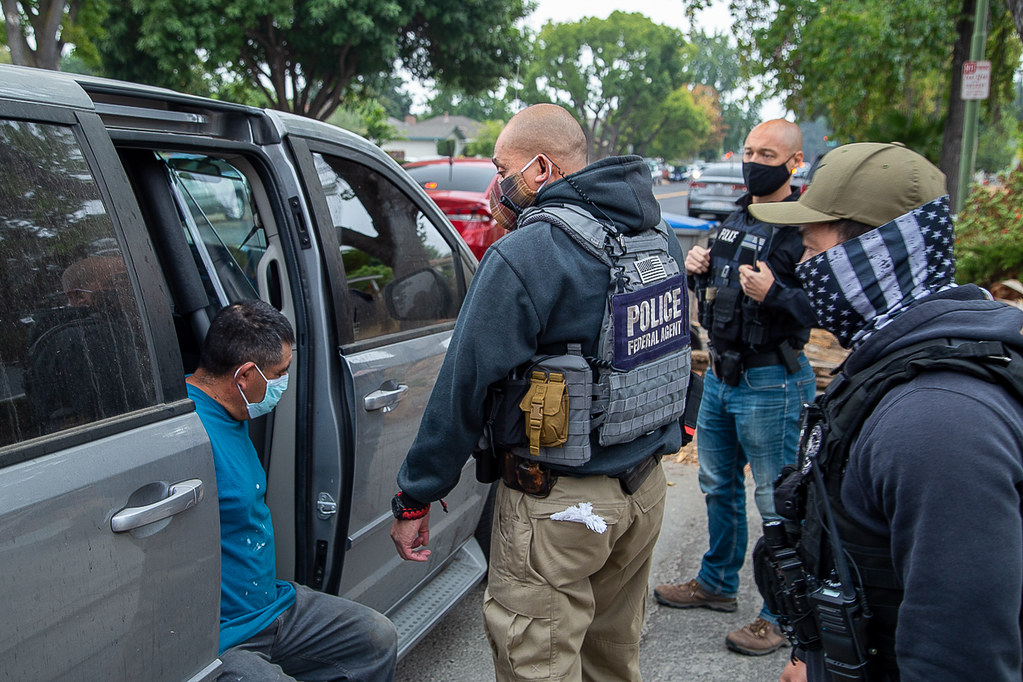By Steve Neavling
CBP agriculture specialists made an unusual discovery when they opened a small box late last month at Minneapolis – Saint Paul International Airport.
The box, accompanied by a passenger returning from Kenya, contained giraffe feces that authorities say could spread disease.
“There is a real danger with bringing fecal matter into the U.S.,” LaFonda D. Sutton-Burke, CBP director of field operations at the Chicago Field Office, said in a statement Thursday. “If this person had entered the U.S. and had not declared these items, there is high possibility a person could have contracted a disease from this jewelry and developed serious health issues.”
The passenger said she got the droppings in Kenya and planned to make a necklace out of them. She said she’s made similar necklaces using moose feces at her home in Iowa.
The feces, which requires a Veterinary Services Permit for entry into the U.S., was destroyed via steam sterilization per U.S. Department of Agriculture destruction protocol.
Kenya is affected with African Swine Fever, Classical Swine Fever, Newcastle disease, Foot and Mouth disease, and Swine Vesicular Disease.
“CBP’s agriculture specialists mitigate the threat of non-native pests, diseases, and contaminants entering the United States” Augustine Moore, CBP area port director in Minnesota said. “CBP agriculture specialists have extensive training and experience in the biological and agriculture sciences, they inspect travelers and cargo arriving in the United States by air, land, and seaports of entry.






